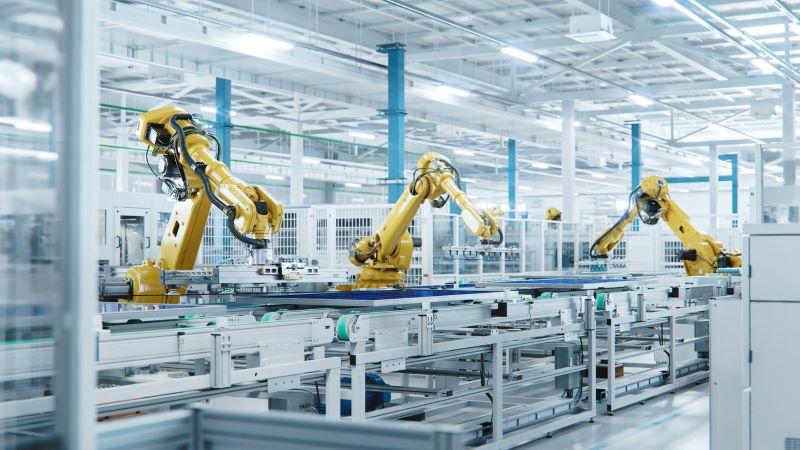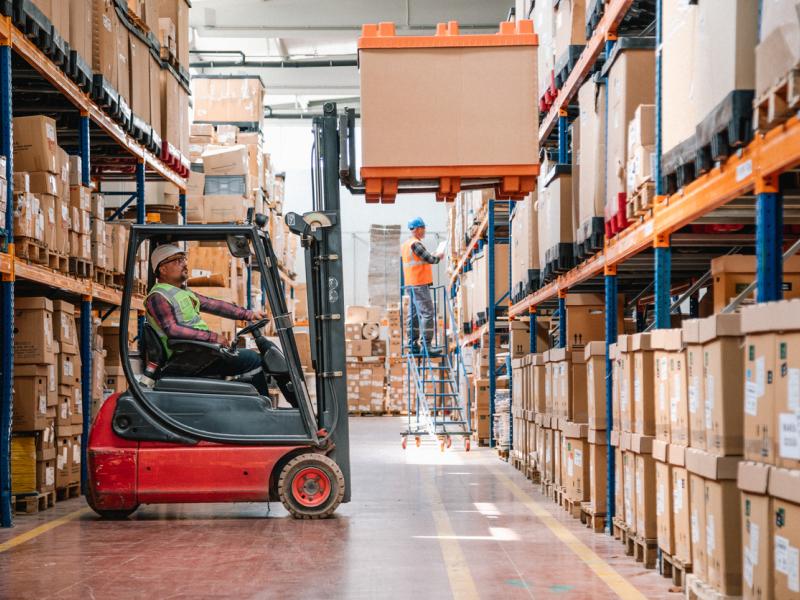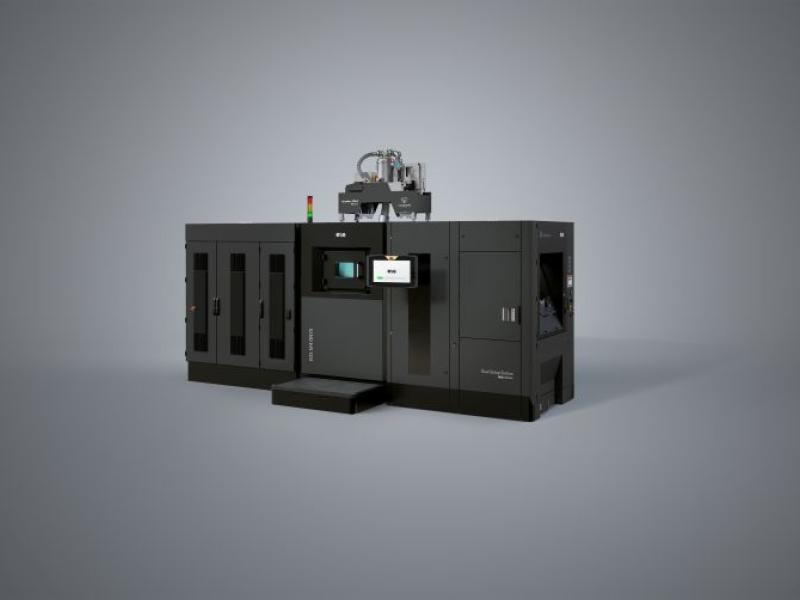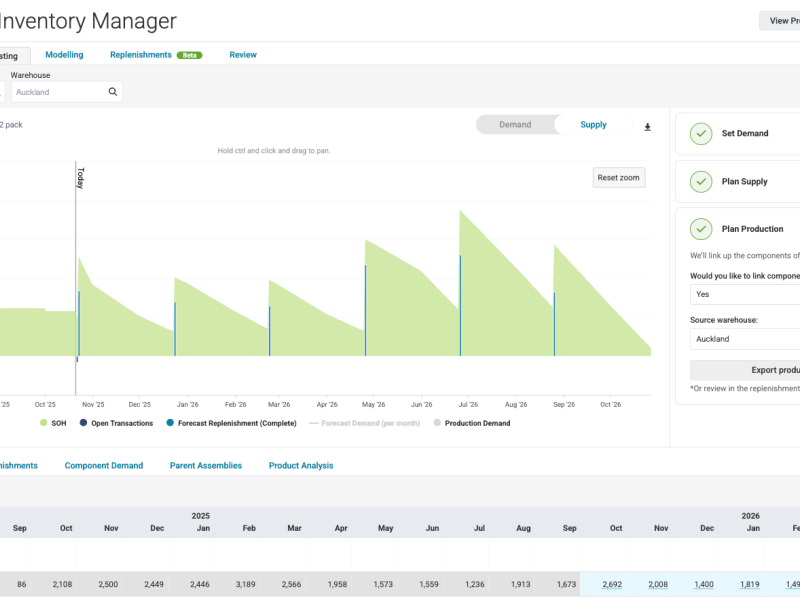The manufacturing industry is expected to be heavily focused on embracing advanced technologies in 2024, creating a highly connected, data driven environment. The integration of information technology (IT) and operational technology (OT) plays a crucial role in this transformation, and the results will vary among those who integrate IT into their OT systems and those who refrain from doing so, impacting both employee and customer experiences.
Mei Dent, chief product and technology officer, TeamViewer, said, “The convergence of IT and OT is essential to optimise operational efficiency and embrace digital transformation. Manufacturers that fail to integrate these technologies may face significant challenges, including operational inefficiencies due to disjointed governance, slower adoption of new technologies, and isolated data pools. Additionally, the lack of IT/OT integration increases cybersecurity risks, leaving manufacturers vulnerable to targeted attacks that exploit system weaknesses.”
Looking ahead, the following trends are anticipated to shape the future of manufacturing:
1. Digital transformation and cloud computing
Manufacturers are increasingly embracing digital transformation and cloud computing to improve operational agility. Cloud-based infrastructure facilitates rapid scalability, flexibility, and cost optimisation, critical for maintaining competitiveness in a dynamic market. This shift is particularly relevant for manufacturers looking to optimise productivity while controlling technology expenditure, such as using cloud analytics for energy efficiency in production processes.
2. Artificial intelligence (AI), vision AI, and generative AI
AI is revolutionising manufacturing processes with capabilities like real-time data analysis, intelligent automation, and predictive maintenance. Vision AI, a subset of AI, is increasingly used for tasks such as defect detection and quality control. Another emerging AI field is generative AI, which is fostering innovation in product design and production optimisation, delivering quick access to information and product personalisation.
3. Automation and robotics
Industrial automation, including the use of collaborative robots (cobots), is significantly increasing manufacturing efficiency. Cobots are designed to collaborate intelligently and safely with human workers. They represent a key component of industry 4.0, enhancing human abilities while maintaining safety. Unlike traditional industrial robots that operate independently and often require physical barriers for safety, cobots can share a workspace with humans without compromising performance or safety. They monitor the environment and co-exist with humans, making operations more fluid while reducing operational delays.
4. Embracing sustainability
Sustainability has become a key driver of success in manufacturing. Efforts are being made to develop waste reduction capabilities and invest in technologies for product recycling. By adopting a circular economy model, manufacturers are focusing on creating products that are designed for longevity, repair, and recyclability. This approach minimises waste, conserves resources, and, most importantly, aligns with the growing consumer demand for environmentally responsible products.
5. Preparing for a smart factory future
A defining trend for 2024 will be the emergence and expansion of smart factories. These are highly connected and data-driven environments, leveraging the power of the Industrial Internet of Things (IIoT), AI, and machine learning (ML). This technological integration is transforming traditional manufacturing processes, empowering manufacturers to optimise production, predict and prevent equipment failures, and tailor products to individual customer preferences.
The use of augmented reality (AR) is anticipated to expand further, playing a pivotal role in staff training and addressing physical problems. With the aid of smart glasses and advanced AR software, individuals present at the factory floor can receive expert guidance from professionals located remotely, facilitating step-by-step walkthroughs of various processes. This integration is poised to improve overall operational efficiency, minimising downtime and empowering employees to refine and optimize their workflows.
Mei Dent said, “Throughout 2024, an increasing number of manufacturers are expected to channel resources into developing shop floor processes, leveraging operational data to transition their factories into smart factories. AR and mixed reality technologies will become increasingly important, particularly in complex fields such as aerospace and logistics.
“These technologies have the capability to enhance the physical world by superimposing digital information onto real-world objects and environments, which can significantly boost efficiency and training effectiveness within manufacturing settings. As these trends continue to evolve, manufacturers that embrace innovation and adapt to these changes will be well-positioned to thrive in the competitive global marketplace.”






